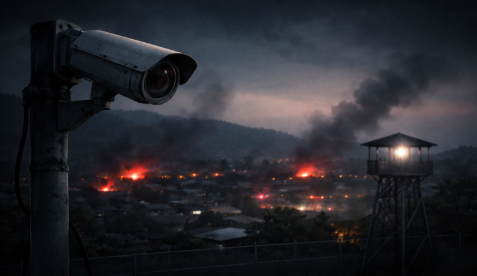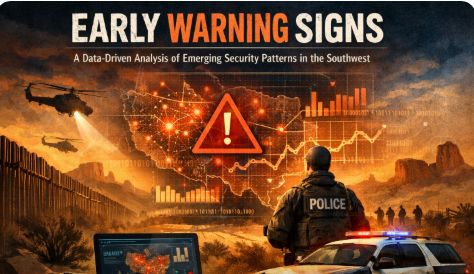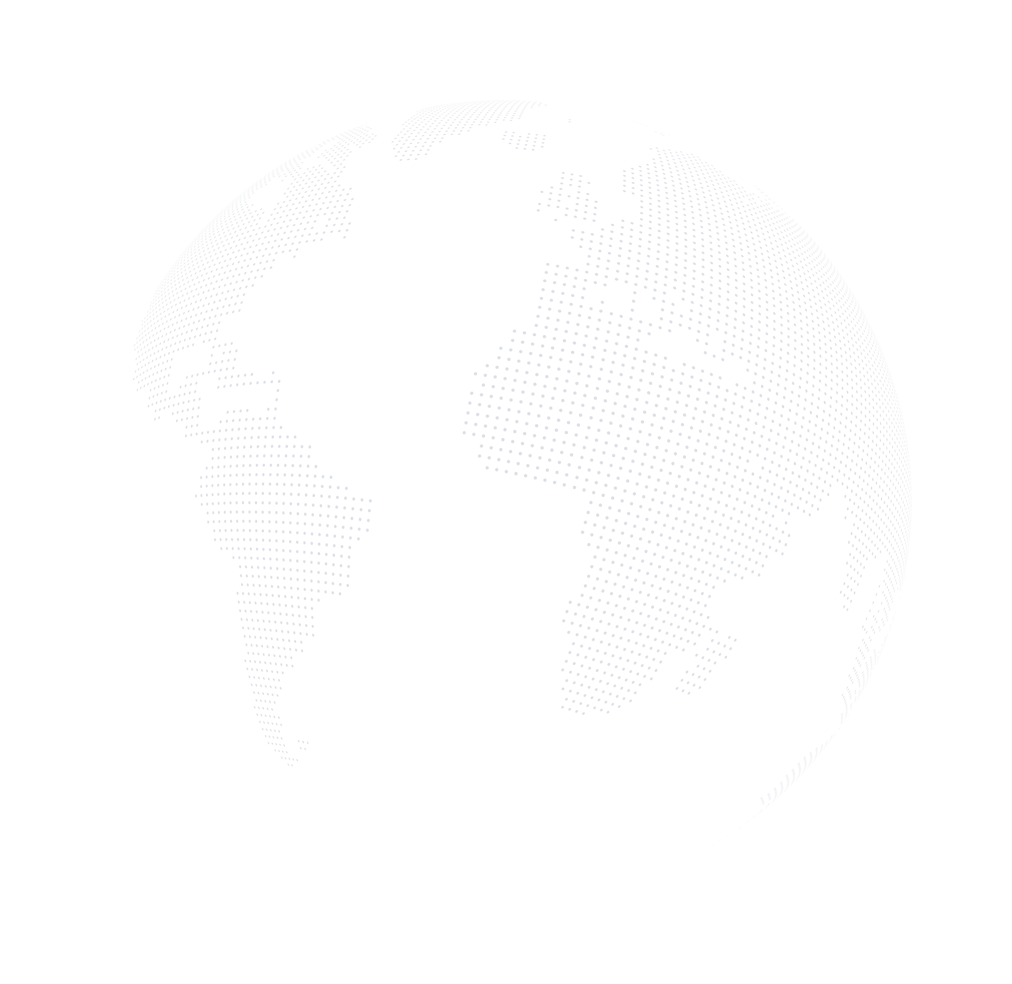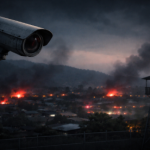Written By Idowu Ephraim Faleye – 08132100608
The formal establishment of the South West Development Commission (SWDC) marks a historic turning point in the collective journey of Yoruba-speaking states toward a future of purposeful development, regional integration, and self-determined progress. I heartily congratulate the newly appointed Chairman and officers of the Commission, whose emergence signals the long-overdue fulfilment of a long-held aspiration of our people. For decades, the South West has yearned for a platform tailored to harness our shared heritage, unique potential, and regional strengths. The South West Development Commission is that long-awaited platform—and its timing could not be more critical, nor its responsibility more urgent.
In recent times, Nigeria’s South West region, the ancestral homeland of the Yoruba people, has increasingly become a zone of concern. With the Federal Government’s newly constituted South West Development Commission (SWDC) now in place, the time has come to act boldly. Development is not just about infrastructure, roads, or economic zones. At its core, development is about people—their safety, dignity, and the peace of mind to pursue livelihoods without fear. Without security, there is no foundation for development. This is why the SWDC must prioritize regional security as its most urgent task.
Read Also: Ritual Money: The Growing Sacrifice of Girls for Ritual Wealth in Nigeria
Every day, the people of the South West wake up to headlines that echo a consistent and devastating theme: kidnappings, killings, and coordinated attacks on the farmland—mostly attributed to armed Fulani herdsmen, and these are tearing through once-thriving communities. Farmers no longer go to their farms. Market women no longer travel certain roads. Entire families have been wiped out or rendered homeless. This isn’t some isolated criminal phenomenon, it is systemic and strategic attacks that target lives, livelihoods, and land. They erode the very fabric of society, instilling fear in communities and pushing the people into silence, suspicion, and despair.
Traditional rulers, once custodians of our customs and custodians of community security, now struggle to hold their thrones amid threats and pressures. The economic consequences are severe: agriculture is in decline, youth unemployment worsens as rural areas become no-go zones, and regional businesses face increasing operational risks. If this situation persists without bold, coordinated action, the South West could find itself destabilized to the point where recovery becomes an uphill battle.
Read Also: Saving Yorubaland from Fulani Invasion Before It’s Too Late
This is where the South West Development Commission must step in—not with bullets or battalions, but with bold leadership, vision, and coordination. While the SWDC is not a security agency, its mandate to foster integrated development across Yoruba-speaking states gives it a strategic platform to act as a convener and coordinator for regional stability. No meaningful development can happen without peace, and peace in the South West today is under severe threat.
What must be done? First, the SWDC should immediately partner with the six governors of the South West, who are constitutionally recognized as the Chief Security Officers of their respective states. This partnership must go beyond meetings and press statements. It must translate into tangible investments in technological infrastructure for security. The time has come to think outside the box and deploy 21st-century tools to solve a 21st-century problem. One such solution is the development of a digital crisis mapping platform that will allow real-time reporting and tracking of security incidents across Yoruba land.
Read Also: Our Land, Our Duty: No Savior is Coming — Yoruba Must Rise As One People
The proposed digital platform will allow ordinary citizens—farmers, teachers, students, and traditional leaders—to report attacks, land grabs, and abductions using their mobile phones. These reports will be geotagged, verified, and presented in an open-access map showing hotspots and trends. This data will not only serve as an early warning system but also become a central information repository to shape policy and enable a response. It will give visibility to what has been hidden in plain sight.
Moreover, the SWDC can take the lead in facilitating the procurement of modern surveillance and defense technologies such as drone systems and robot military dogs manufactured in China, which are already in use in several parts of the world for intelligence gathering and border patrol. These tools, operated in coordination with state security outfits like Amotekun and federal forces, can help detect and neutralize threats before they spiral out of control.
Read Also: Kidnapping in Nigeria: A National Emergency That Demands Immediate Action
But technology alone is not enough. The Commission should also use its federal status to mobilize all Yoruba lawmakers in the National Assembly to reach a consensus with South-south, Southeast and North central zone national assembly members to sponsor and push enabling legislation that will formally empower regional security outfits with the authority, training, and weaponry necessary to protect their people. The disarming of regional security forces while criminals operate freely is a contradiction that must be urgently resolved. The Commission must work with the National Security Adviser, the Ministry of Defence, and the Inspector General of Police to harmonize efforts and ensure synergy between local and federal security forces.
Imagine the transformation that would follow if the SWDC becomes the nerve centre for security intelligence and strategy in the South West. A Commission that not only builds roads but also protects those who travel on them. A Commission that not only provides agricultural inputs but ensures farmers live to harvest their crops. A Commission that not only engages youth but ensures they do not fall prey to violence or unemployment caused by insecurity.
This is not an appeal for militarization. It is a plea for coordinated protection. The Yoruba people are not asking for special treatment—they are asking for the right to live in peace on their ancestral lands. If we fail to act now, the future will be unforgiving. Every day of delay allows the attackers to grow bolder, the communities shrink in courage, and the dreams of development slip further away.
Read Also: There’s Silent War in The forests of Yorubaland: Rise Before Our land Falls
The South West Development Commission must rise to this historic occasion. Let it become a beacon of hope, a symbol of Yoruba unity, and a frontline protector of our heritage. Let the first legacy of this Commission be not a building or a road, but the security and stability of a people long betrayed by silence and slow response to attacks.
Let us not wait until every farm is abandoned, every town is militarized, and every child is afraid to go to school. Let us act now—with vision, with courage, and with unity. The time to shield Yorubaland is now. And the South West Development Commission must lead the charge.
Idowu Faleye is the founder and publisher of EphraimHill DataBlog, a platform committed to Data Journalism and Policy Analysis. With Public Administration and Data Analytics background, his articles offer research-driven insights on Politics, governance and Public Service delivery











































![The Trend of Insecurity in Nigeria. [Part 2]](https://ephraimhilldc.com/wp-content/uploads/2024/09/Computer-Monitoring-of-Remote-areas.png)




































